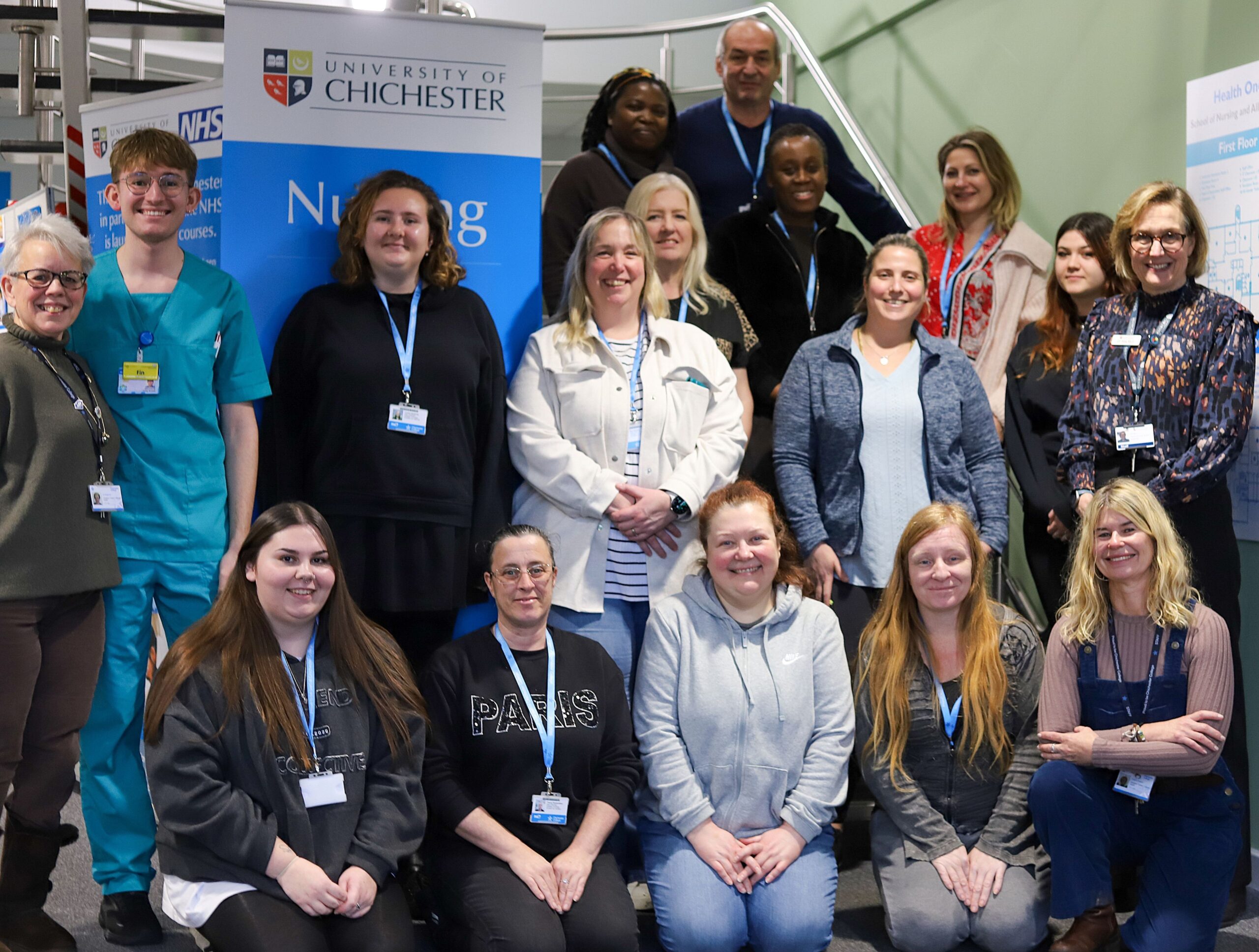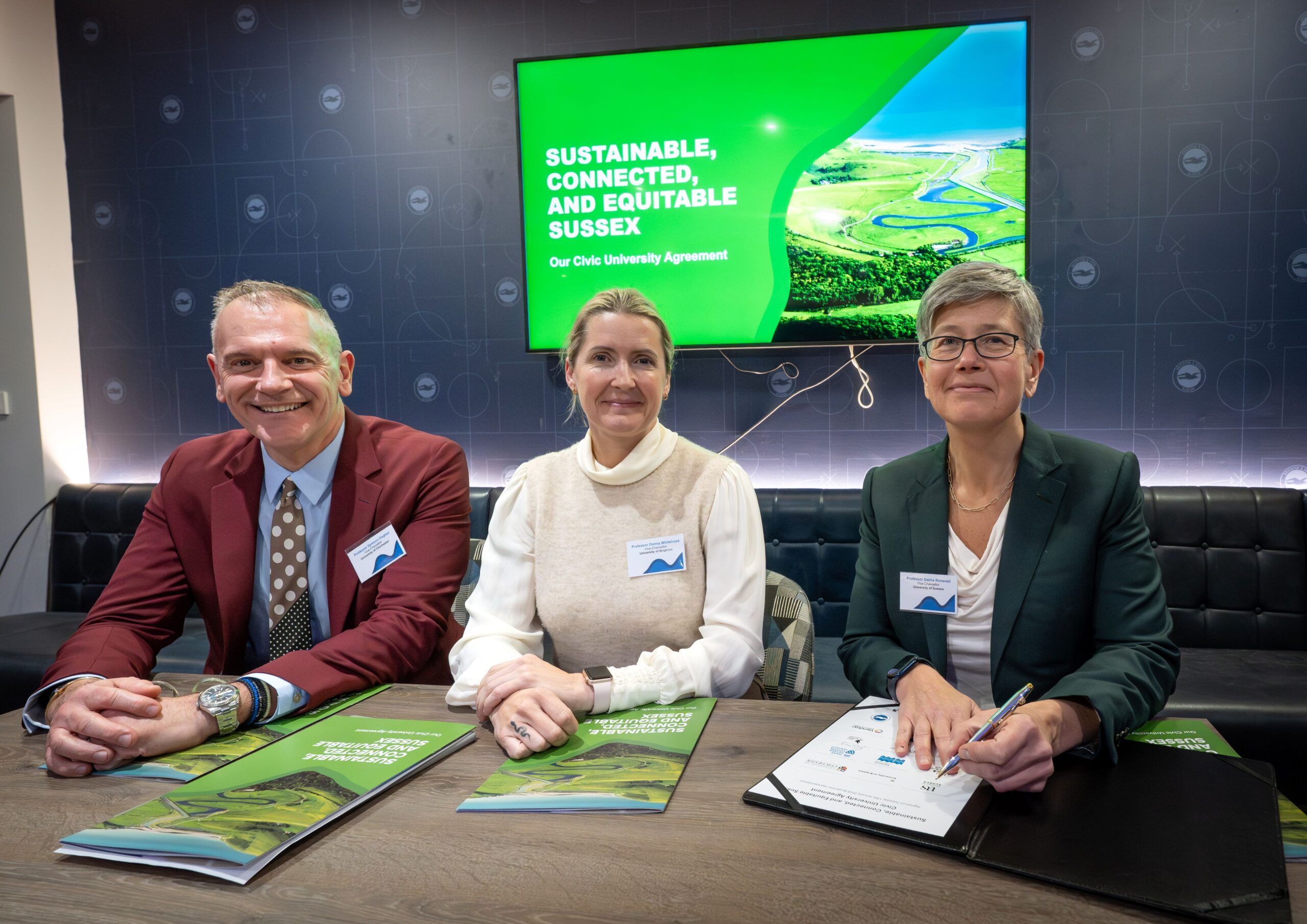Using mindfulness to support young children’s well-being in nursery school

Research by early years academics from the University of Chichester has explored how mindfulness can support young children’s wellbeing in nursery schools, addressing increasing concern about the mental health of preschoolers.
The most recent NHS statistics report that 5.5% of preschool children aged 2- to 4-year-olds in England have a probable mental health disorder. But researchers said these statistics are likely to underestimate the extent of mental health conditions for young children, due to long waiting lists to see a professional and the challenges of diagnosing mental health conditions in young children.
Research suggests that children are more likely to have better mental health later in life if they develop skills to support mental health in the early years, providing a strong foundation for children’s future development.
The paper ‘Using mindfulness to support young children’s well-being in the nursery school’ was published in Journal of Early Childhood Research (Sage Journals) on 11 November 2025, co-authored by University of Chichester academics Sandra Lyndon, Abi Horn and Debra Laxton. It explored how a mindfulness approach can support young people’s wellbeing in nursery schools, by introducing staff Mindfulness Champions, giving high-quality training to nursery workers, and having an adaptable and flexible approach.
The study involved 27 young people aged 3 and 4, and four early years professionals across four nursery schools. The staff received one day of training in breathing exercises and attention activities including listening to sounds, helping children to resolve conflict using puppets, understanding emotions and positive affirmations.
Headteachers at the four nursery schools involved in the study said since Covid-19, they had noticed a change in children’s behaviour and wanted to reduce stress and increase wellbeing for both children and staff in their settings.
During the project, which began in 2022, activities were introduced by the Mindfulness Champions. The group sessions were of between eight and 12 children over a 10-week period. Sessions were typically between 10 and 20 minutes and became part of the children’s daily routine.
The findings suggested that mindfulness does support children’s well-being and self-regulation, and that mindfulness practices are an appropriate way to support children’s wellbeing in early years.
Dr Sandra Lyndon said: “Our findings suggest that, when sensitively introduced and supported by training and mentoring, mindfulness has the potential to be an appropriate, sustainable, and cost-effective way of supporting young children’s mental health in the early years. This has implications for early years policy, suggesting that further attention should be given to understanding the importance of supporting children’s self-regulation through a co-regulatory approach. Further large-scale research in this area would help to provide stronger evidence and knowledge base for the factors that support mindfulness for young children in the early years.”
Read the paper in full, here.





